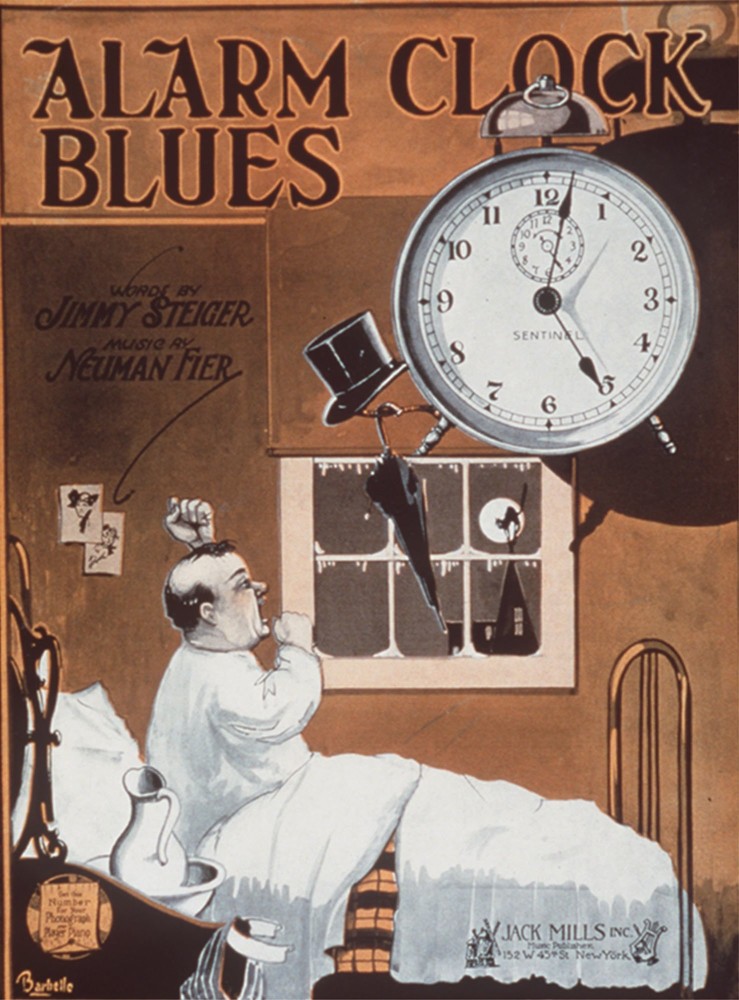By Wes Moss
AdviceIQ.
All the time in the world doesn’t guarantee happiness, just as all the money in the world doesn’t always equal happiness. Here’s how to budget time to find your balance of hours and finances.
Browsing through Psychology Today recently, I came upon an essay by financial planner Anne Johnston discussing the relationship between time and money. The article noted Benjamin Franklin’s classic quote from 1748, “Time is money.” Johnson went on to say, though, that while time might equal money, money does not equal time.
“Money is valuable,” Johnston wrote. “Time is invaluable …. The idea is to trade time for money while young, so we can buy back time to do the things we’ve always wanted to do when we’re older. Here’s the rub: eventually health, energy or willpower runs out.”
Money is not a finite resource. You can always earn more, increase what you get paid, work more hours or even switch to a higher-paying career.
Time, the great equalizer, is finite. We all have 24 hours in a day and seven days in a week. Which leads to a twist on Franklin’s truism: Although our time is worth money, our money is not as valuable as our time. You can never buy more time.
We do still need some financial resources to really enjoy our time, do the things we dream about doing and live without fear of running out of money. Your best use of such resources, though, is to help enrich your time.
For example, in researching my book “You Can Retire Sooner Than You Think,” I learned that the happiest retirees enjoy many core pursuits, essentially hobbies on steroids. Most happy retirees from my research found their core pursuits while still working. They discovered a balance of time and money that helped them reach their goal of retiring happy.
These pursuits were in turn instrumental in motivating these retirees to be able to stop working, but not before reaching their financial goals. In the end, they had the money to retire and pursue their passions.
As you probably use a budget to plan how you use money, it makes perfect sense to put your time in a budget to be sure you don’t overspend. Harvard Business Review recently published an article examining how people have a problem over-committing their time. The piece provides a helpful equation to see if you overbudget your time.
Using the Review’s formula, add up the hours in a day that you spend on the necessities of sleeping, eating and other necessary daily tasks. Once you quantify your fixed time for self-care, subtract it from 24 hours to come up with your daily time budget.
Then total the time costs related to your external and internal expectations. If this figure is less than the time left in 24 hours minus your self-care hours, your time budget will work.
Easier said than done, sometimes. Like most people, I must often remind myself that it’s easy to overcommit in the name of growing my business and the pursuit of financial stability for my family.
When I do remind myself, I can realign my priorities for that particular day, whether spending some extra time with my family or catching up with an old friend. Some budgets are more important than others.
––––
ABOUT THE WRITER
Wes Moss is the chief investment strategist for Capital Investment Advisors and a partner at Wela, both in Atlanta.














































































































































































































































































































































































